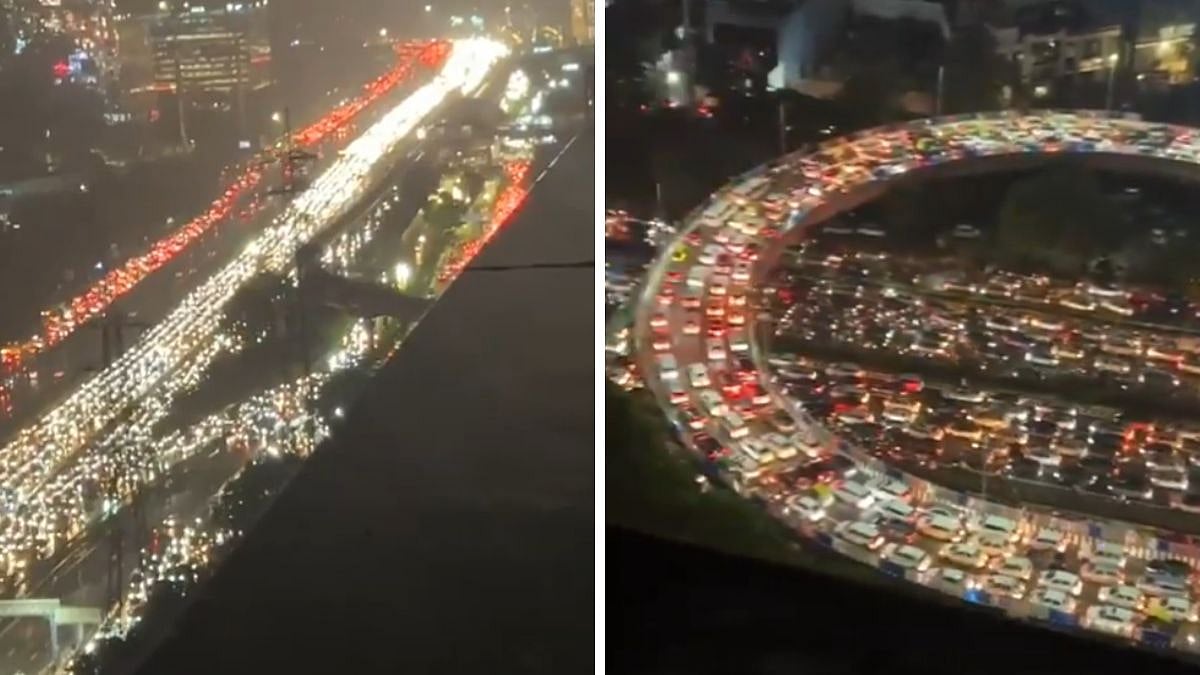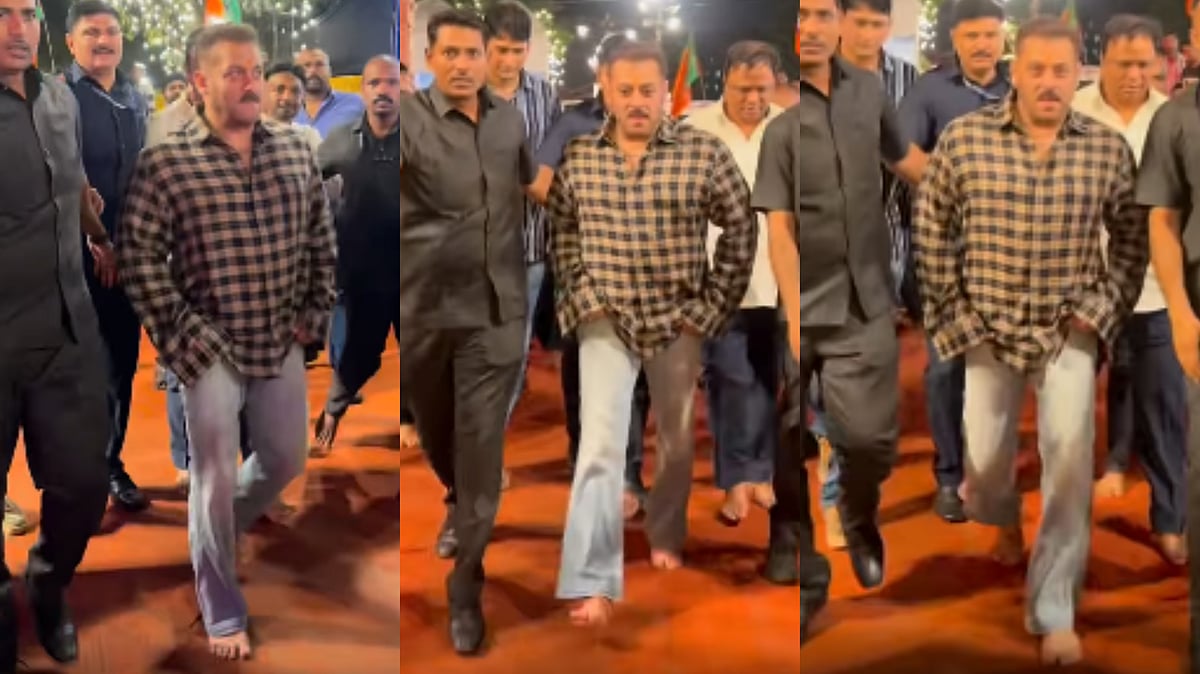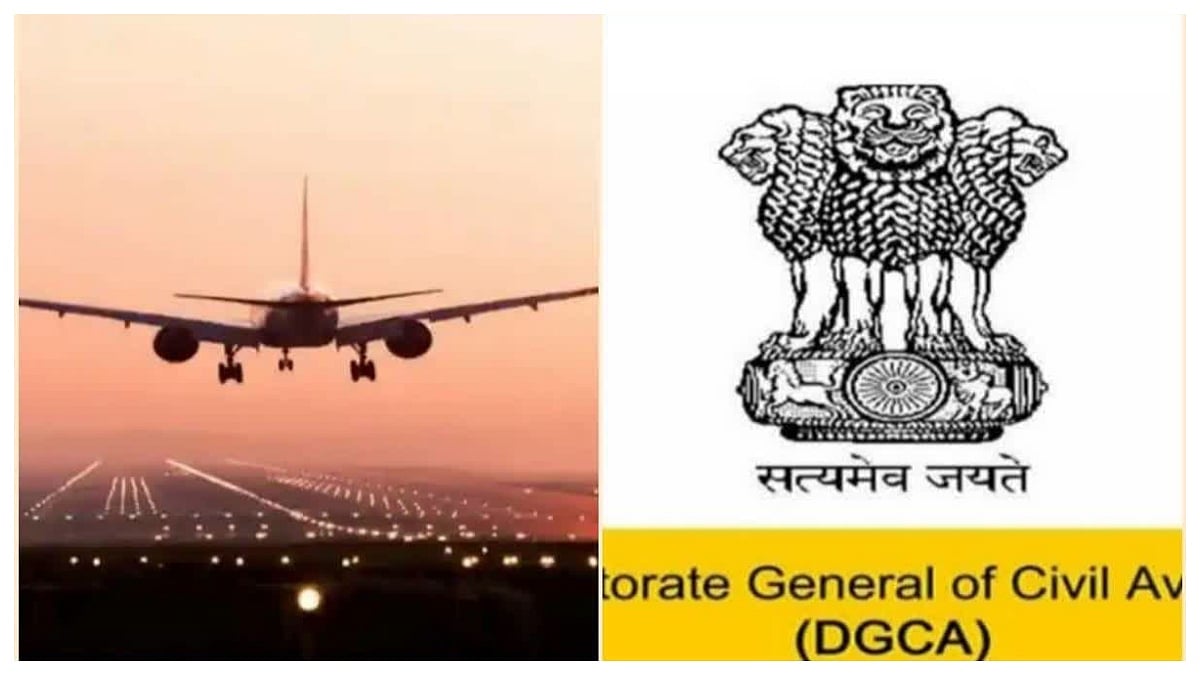Looking to buy a car, my chatter with the garage mechanic, Bablu Puncture, went this way. I asked for the right fit for me and he advised me to get a single-owner second hand car to use for a couple of years. He argued that if Narendra Modi brings his plan to popularise electric cars into play, my brand new car would be rendered useless. I confidently claimed that at the pace of everything that happens in this country the electric vehicles will their sweet time to capture the market, and by then my brand new swanky car would have aged and started coughing up black smoke. I wouldthen just put it up on OLX Cash My Car. Bablu Puncture was shocked and incredulous. He shook his head disapprovingly and said with conviction, "Modi Hai Toh Mumkin Hai". I was defeated and promised to not buy a non-electric car afterall.
The thought of buying a car is petrifying. Not because I am still in the process of mastering the art of dodging folks at the signals, no thanks to the inefficient driving classes, but because I am not sure how to initiate myself into the inpenetrable traffic and keep my car from dents and scratches. All those vehicles in the traffic must come to rest somewhere and if there is an international survey of the most common signs in India--'No Parking' would win that round. The revenue generated from parking fee tickets could save the whole automobile industry (if paid). Wonder why the traffic authorities never made 'Park Here' signs.
India is (hopefully) working towards a dream project where there will be less cars on the roads which will cause congestion and improve the breathing air. An eccentric but exemplary order floated by the Kejriwal government on January 1, 2016 was to allow to bring out private cars with odd registration number plates on odd days and even registration number plates on even days. One of the reasons for this exercise was to curb air pollution and smog. The capital city of India has the worst air quality. Out-of-the-box but not structured well enough, the practise was put to an end in November the next year. If successful, Delhi could have been inhaling cleaner air. Keeping in line with such ideas, how about ‘hum do, hamara ek’ -- a car per family?
Utopian, but I like the idea of absolutely no cars. Venice in Italy requires one to park vehicles outside the city. You may either walk or sail through the canals inside the city. There are less than twenty such cities across the USA, UK, and Vietnam. They encourage walking, cycling, boating or public transport.
Public transport has been a way of life for many and also generates a big chunk of the employment. The people of the four metro cities fill the new metro trains to the brink. Mumbai awaits the other lines as the city is dug up and we skirt around the gaps, with light in our hearts that the far flung suburbs will soon be easy to reach. Ola and Uber have taken the kaali-peeli cabs on board. Smart cities feature a new item -- bicycle zones. You can pick up a bicycle from one part of the city and park it at any other zone. Saves you from the hassle of owning and parking a vehicle, while keeping you and the city in good shape. The government should join hands with such facilities and make provisions with a dedicated lane on the roads for the riders. It may reduce the menace of potholes as well.
Those who could read the signs, the most evident one was in the air. Air pollution, traffic congestion, bad shape of roads, price hike of fuels have taken down the automobile sector. One major concern to this setback is unemployment. With Make In India and National Skill Development Corporation (NSDC) creating awareness about the available support from the government, other public sectors are not far away from building up new horizons.
Rajiv Bajaj, Managing Director of Bajaj Auto, asserts in an interview with CNBC-TV18 that the fundamental reason of the downfall is 'mediocre' quality of homegrown products. Our cars do not have export value as they lack the international standards. Whereas, car-buyers prefer to buy imported models.
Moody's has brought down the evaluation of Indian GDP in 2020 from 6.8 to 6.2. Twelve auto-factories have closed down in Jamshedpur. The most popular biscuit-making company Parle is about to lay off 10000 employees this year. We are going through the biggest economic downfall in last 70 years. We all look to the Superman of India Mr Modi to save the day.
Change is constant, and we, the subjects of this nation ought to be alert 24X7. Another earth-shattering announcement can be made anytime with a "Mitron!…". It takes time to fall in line with the current of the stream. So, take a deep breath, pull up your socks and wait for the inevitable. Do we have a choice?
- Pragya Jain





